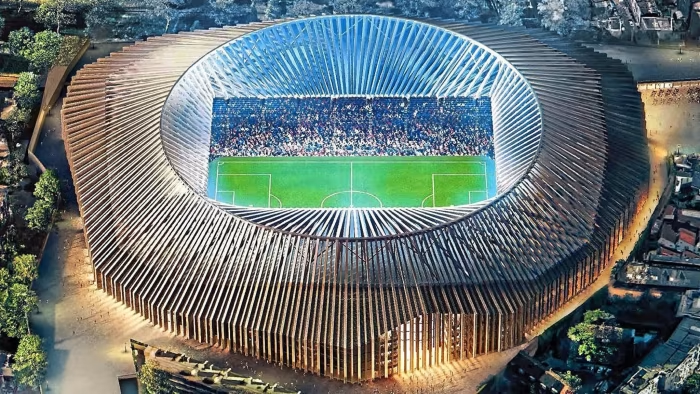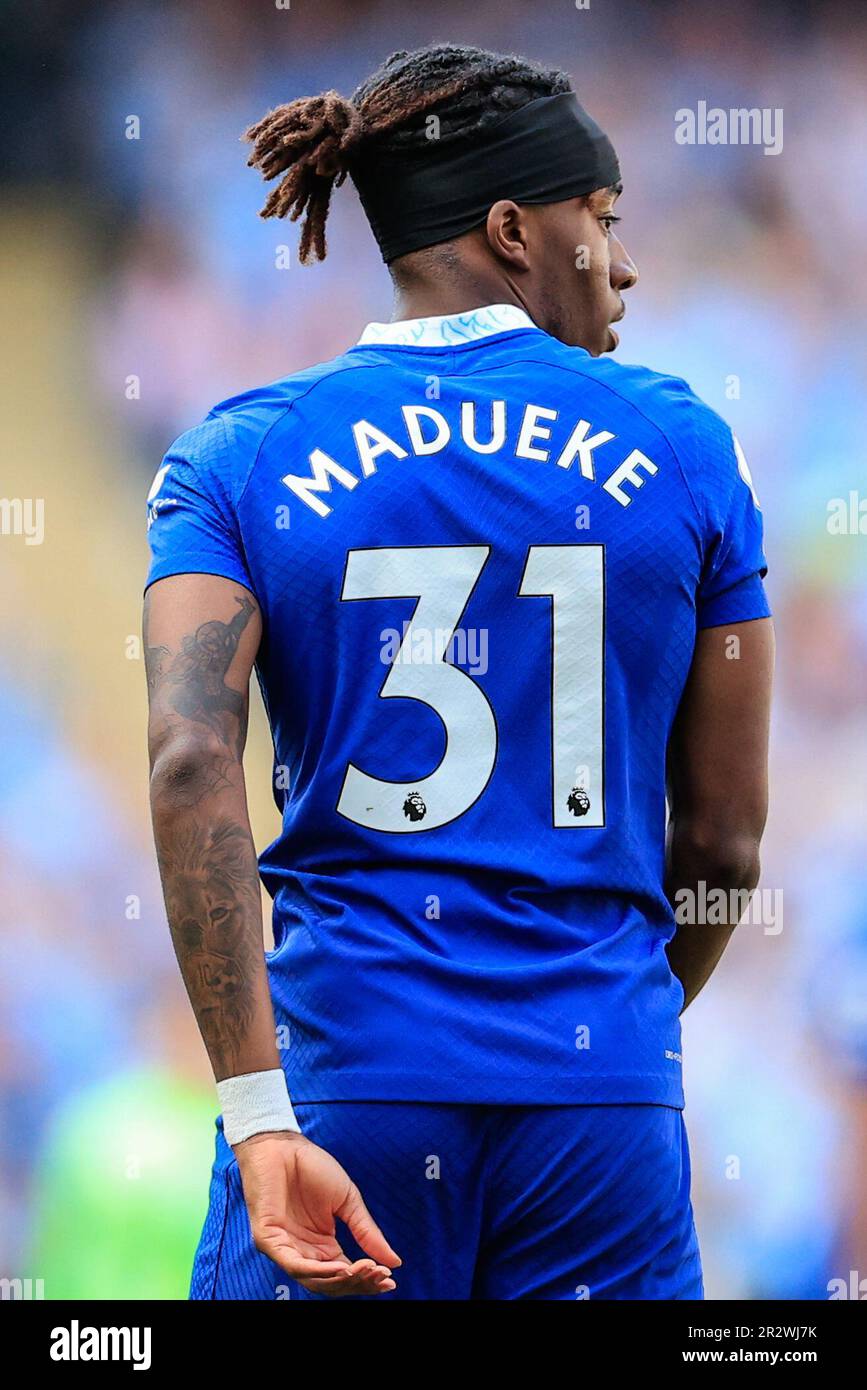
In the world of football, player transfers and trades are not just business transactions; they are statements of intent, reflections of strategy, and, sometimes, emotional upheavals. Recent comments from Noni Madueke, the young Chelsea winger, have cast a spotlight on one such transfer, revealing a layer of complexity and nuance often hidden beneath the surface of the beautiful game.

Madueke, who joined Chelsea with a lot of fanfare and high expectations, recently made headlines with his remarks about a player Chelsea had considered trading. He described the player as “underrated” and “unbelievable,” a clear signal of his respect and admiration for the individual’s abilities. Such comments from a current player about someone who might have been on the move highlight the often unseen, personal side of football transactions.
When we delve into Madueke’s comments, it’s crucial to understand the context in which they were made. Football, at its core, is a team sport, and relationships within a squad are deeply personal. Players spend countless hours training together, sharing victories, and enduring losses. Their opinions about each other’s abilities and contributions can carry significant weight, influencing both internal dynamics and public perception.
Madueke’s description of the player as “underrated” is particularly telling. In football parlance, an “underrated” player is often one who performs consistently well but does not receive the recognition they deserve. This can be due to various factors—perhaps the player is overshadowed by more prominent teammates or simply has not been in the limelight as much. By using this term, Madueke acknowledges that despite the player’s high skill level, they might not have been fully appreciated by fans, critics, or even the club itself.
Describing the player as “unbelievable” further amplifies Madueke’s sentiment. In football, “unbelievable” can denote extraordinary skill, remarkable consistency, or an exceptional level of talent that sets the player apart from their peers. For Madueke, this description could be a way to highlight a player whose contributions were integral yet perhaps overlooked in broader discussions about the team’s dynamics.
The potential trade of this player, coupled with Madueke’s comments, opens up a broader conversation about how clubs manage player assets and the impact of these decisions on squad morale. When a player is traded, especially if they are well-regarded by teammates, it can create a ripple effect within the team. It may lead to feelings of uncertainty or disappointment among those who value the departing player’s contributions. Madueke’s comments suggest that the trade might have been a contentious issue, revealing a conflict between the club’s strategic decisions and the players’ personal assessments of their teammates.
Such situations also underscore the human element in football. Beyond the statistics and tactical considerations, football is a game of relationships and personal values. When a player speaks highly of a teammate who is on the verge of leaving, it reflects a deep respect and a sense of personal loss. Madueke’s words could be seen as a subtle critique of the club’s decision-making process or a heartfelt endorsement of a player he believes should be valued more highly.
Moreover, these comments might also influence public perception. Fans often look to players for insights into the team’s internal dynamics. Madueke’s praise can sway opinions, possibly leading to increased scrutiny of the club’s decision and generating a dialogue about the worth of the player in question. It adds a layer of complexity to the narrative, making the trade more than just a straightforward transaction but a topic of discussion and debate among supporters.
In the grand scheme of football, individual player trades might seem like mere footnotes in the annals of club history. However, as Madueke’s comments illustrate, they can be emblematic of broader themes in the sport. They reveal how players view their colleagues, how they respond to strategic decisions made by their clubs, and how such decisions can affect team dynamics and public sentiment.
In summary, Noni Madueke’s remarks about the Chelsea player who was set to be traded offer a glimpse into the intricate world of football transfers. By describing the player as “underrated” and “unbelievable,” Madueke not only highlights his respect for the player’s abilities but also provides insight into the potential impact of such trades on team morale and public perception. Football, with all its statistics and strategies, remains fundamentally human, and comments like Madueke’s remind us of the personal connections and emotional undertones that shape the sport.
Leave a Reply